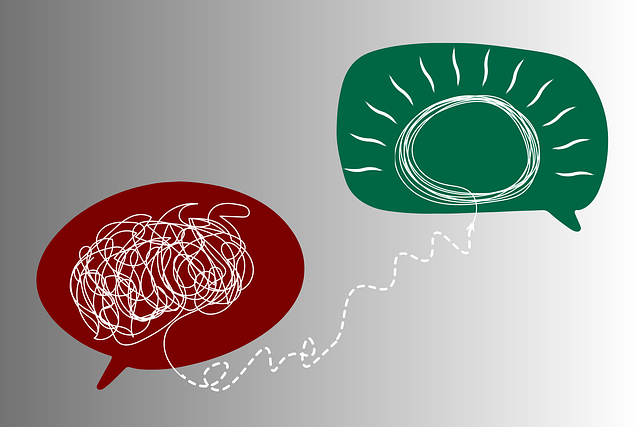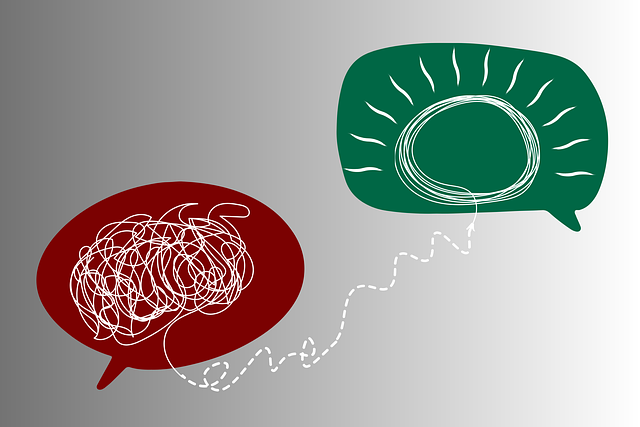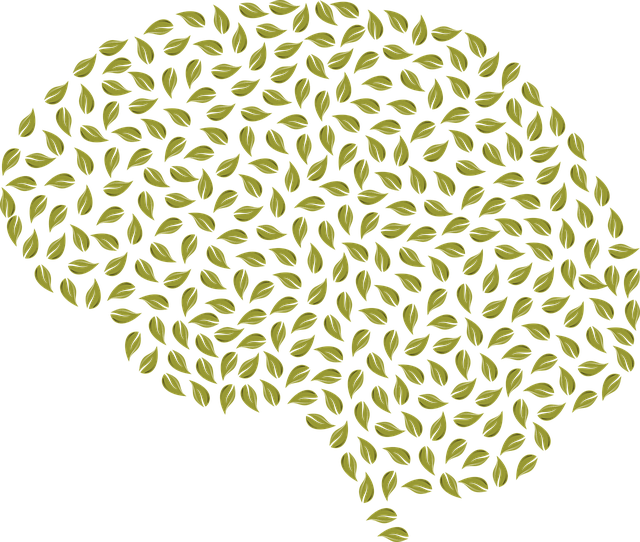Lakewood Play Therapy offers a unique approach to community healing through play therapy, benefiting both children and adults by enhancing mental health awareness and resilience. Their strategic outreach programs, partnered with schools, community centers, and faith groups, normalize mental health conversations and reduce stigma while providing accessible, inclusive services tailored to diverse cultural backgrounds. They employ diverse evaluation methods to track program success, ensuring continuous improvement in community mental health support aligned with Mind Over Matter principles.
“Unleashing the power of Lakewood Play Therapy, a community outreach program that transforms lives, is a multifaceted approach to enhancing well-being. This article explores the profound impact of such initiatives on communities, delving into effective strategies for design and evaluation methods.
We’ll uncover how Lakewood Play Therapy fosters growth and resilience, offering practical insights for professionals aiming to implement successful community outreach programs. Get ready to discover a roadmap to positive change.”
- Understanding Lakewood Play Therapy and its Impact on Communities
- Strategies for Effective Community Outreach Program Design
- Measuring Success: Evaluation Methods for Community Outreach Initiatives
Understanding Lakewood Play Therapy and its Impact on Communities

Lakewood Play Therapy is a transformative approach that leverages play as a therapeutic tool to engage and heal individuals within communities. By integrating this unique methodology, communities can unlock profound benefits for both children and adults, fostering a culture of mental health awareness and self-care practices. The impact is multifaceted; it not only enhances the overall well-being of residents but also strengthens community bonds through shared experiences that promote mindfulness meditation and resilience.
This innovative therapy recognizes play as a natural means of expression and healing, allowing individuals to explore emotions, process traumatic experiences, and develop coping mechanisms in a safe and supportive environment. By integrating Lakewood Play Therapy into community outreach programs, organizations can reach diverse populations, offering accessible and engaging ways to initiate conversations about mental health and encourage the adoption of beneficial self-care routines.
Strategies for Effective Community Outreach Program Design

A well-designed community outreach program like Lakewood Play Therapy can significantly impact local residents’ mental wellness and overall mood management. The key to success lies in tailoring strategies to meet the unique needs of the target community. One effective approach is to foster partnerships with existing local organizations, such as schools, community centers, and faith groups, allowing for greater reach and trust. These collaborations can help normalize conversations about mental health and reduce stigma, encouraging more individuals to seek support.
Additionally, integrating interactive workshops and educational sessions can engage the community actively in learning stress management techniques and promoting mental wellness. By offering free or low-cost services and tailoring programs to diverse cultural backgrounds, Lakewood Play Therapy ensures accessibility and inclusivity. This personalized approach fosters a sense of belonging and empowers community members to take charge of their mental health journey, ultimately enhancing the overall well-being of the neighborhood.
Measuring Success: Evaluation Methods for Community Outreach Initiatives

Measuring success is a vital aspect of any community outreach initiative, especially when focusing on mental wellness and development. For Lakewood Play Therapy therapy programs, evaluating outcomes can be achieved through diverse methods tailored to the specific goals of each project. Quantitative measures include tracking participation rates, survey responses from beneficiaries, and statistical analysis of pre-post program comparisons. These data points help quantify the reach and impact of the initiatives.
Qualitative assessments are equally important, providing insights into the lived experiences of participants. Interviews, focus groups, and beneficiary feedback sessions capture personal narratives, allowing for a deeper understanding of how these programs influence mental wellness coaching and self-care routine development. By combining both approaches, Lakewood Play Therapy can comprehensively assess the effectiveness of their outreach programs, ensuring alignment with Mind Over Matter principles and fostering continuous improvement in community support for better mental health.
Implementing community outreach programs, such as those inspired by Lakewood Play Therapy, can significantly enhance social well-being and foster resilient communities. By employing strategic designs and effective evaluation methods, initiatives like these can reach and support individuals where they are most needed. This holistic approach not only improves access to mental health resources but also empowers communities to take an active role in their own healing and development.














